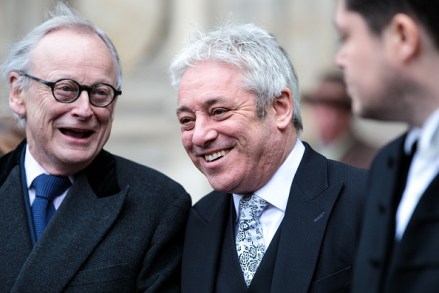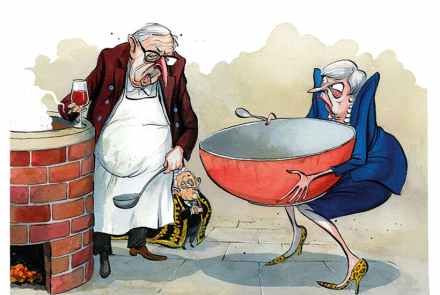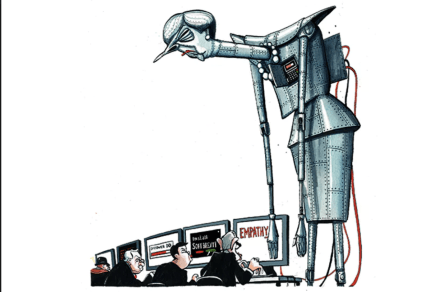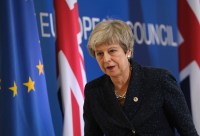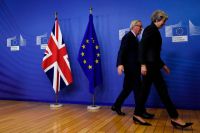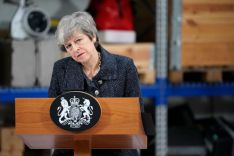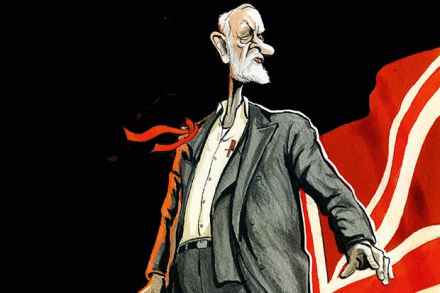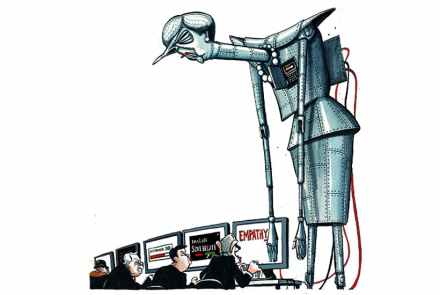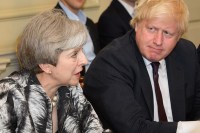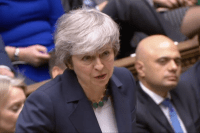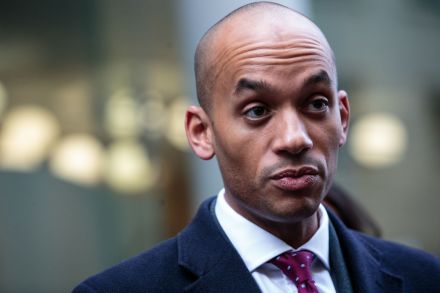The problem with Westminster is that politicians don’t do their jobs
The trouble with Mr Speaker, even when he makes the right decision, is his motives. Fame is the spur and so is his love of hurting the Conservative party which nurtured him. However natural these feelings, they are completely wrong for the Speakership. The occupant of the chair is supposed to be a pillar of the constitution, not its talking gargoyle. A sad feature of the Brexit story has been how so many people with important official roles have not seemed to understand or, in some cases, even to care, what those roles entail. The Chancellor of the Exchequer and the Governor of the Bank of England are supposed to
